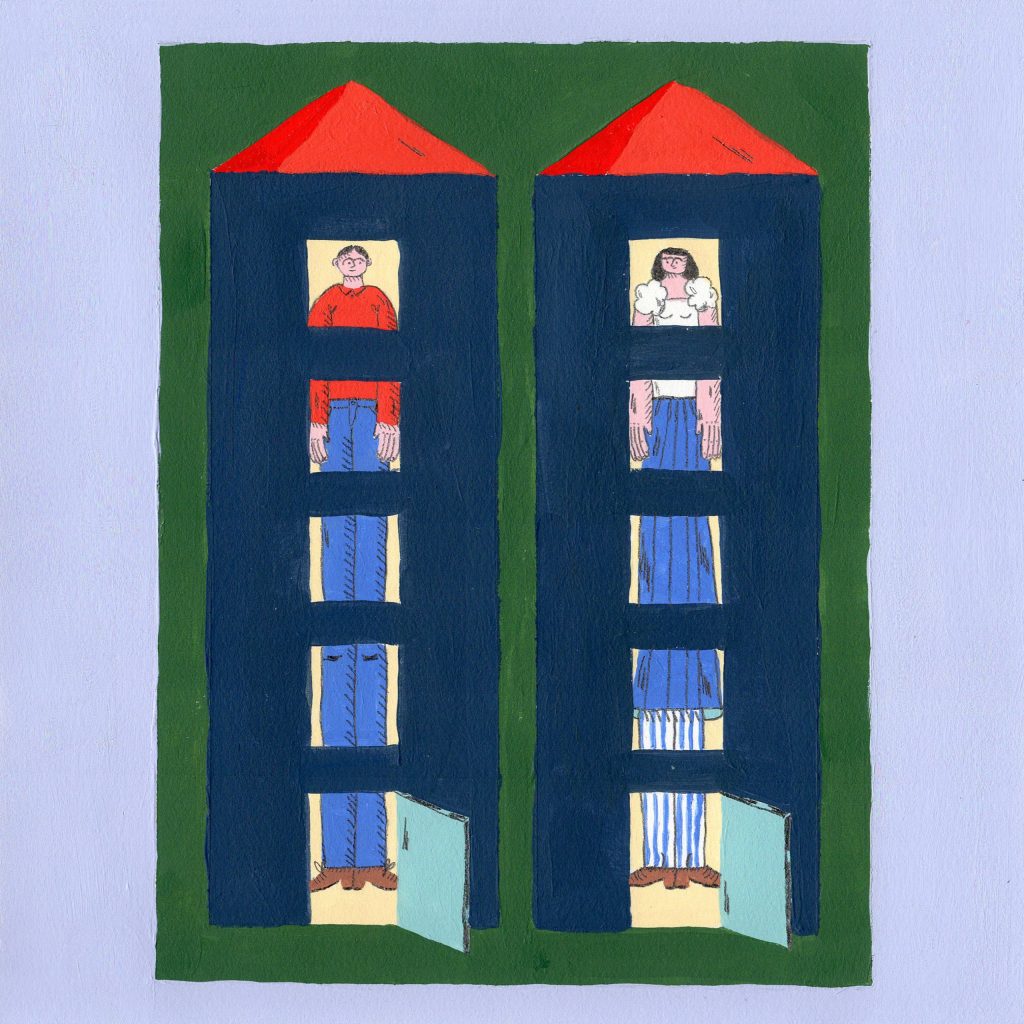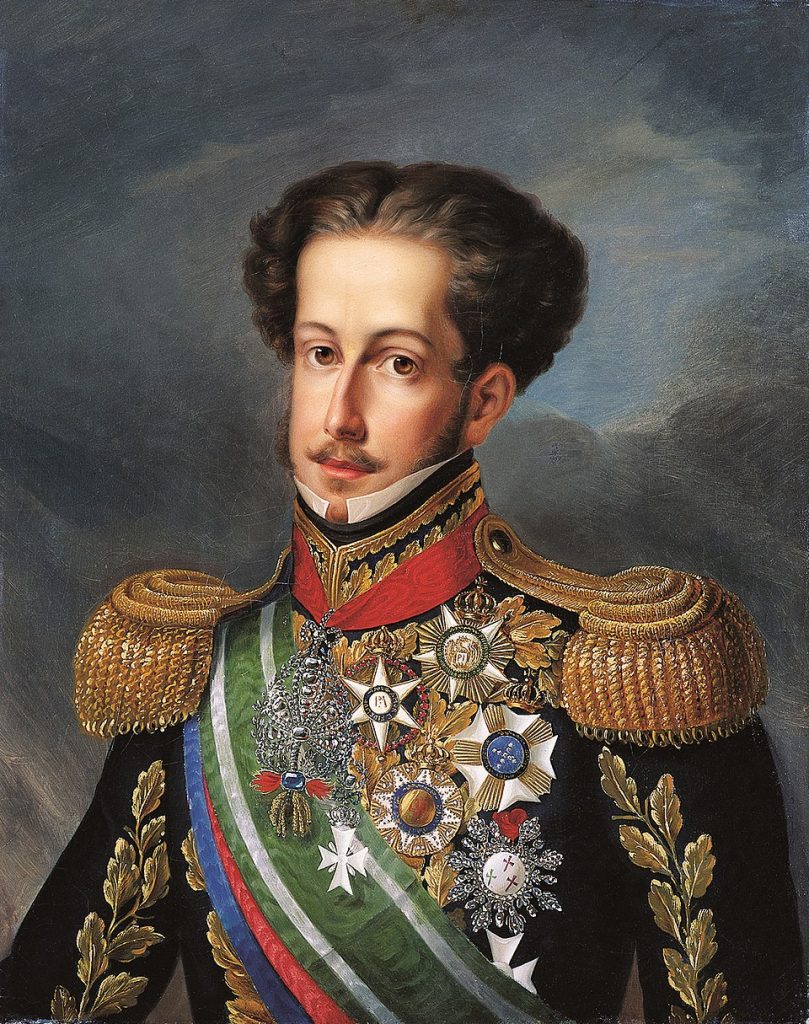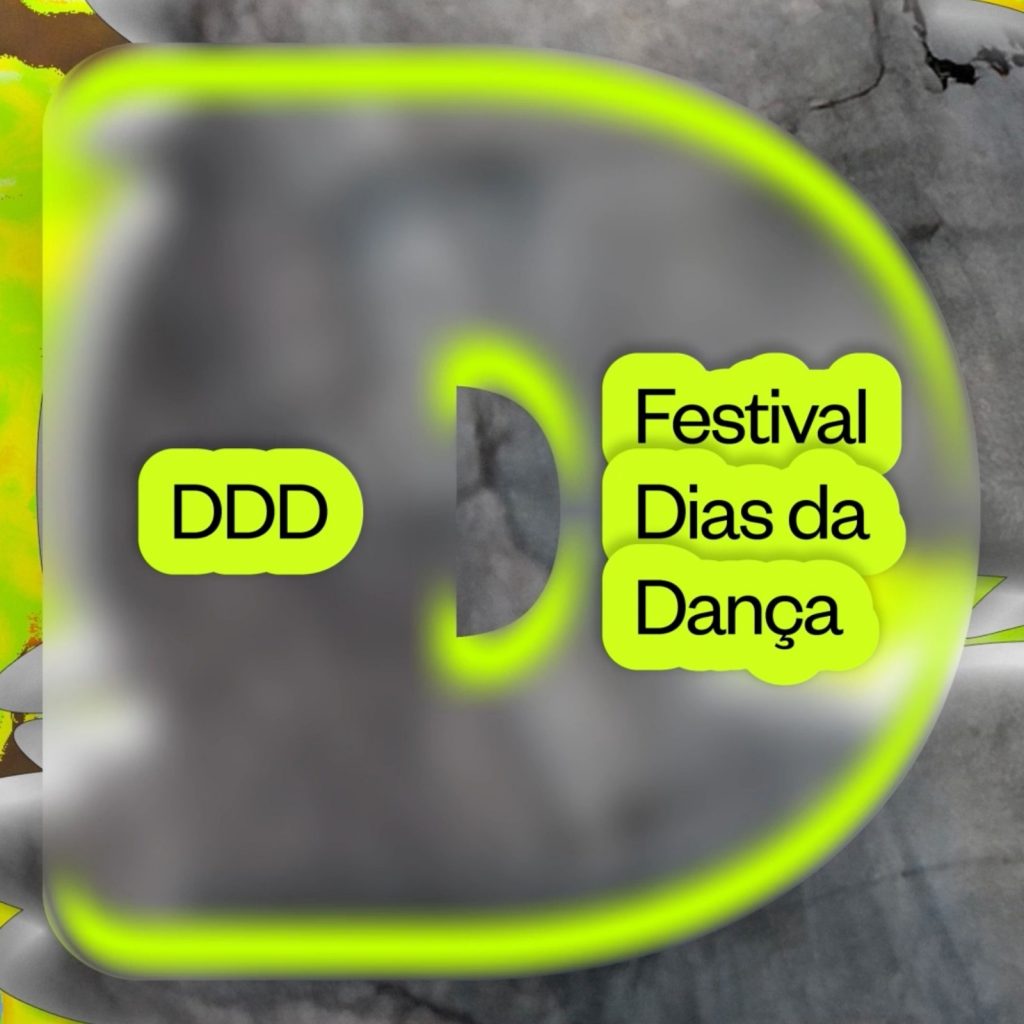Since 1985, one or more cities have been chosen to serve as the European Capital of Culture for one year. To date, more than 60 cities have been chosen to serve as such “capitals”, to celebrate the diversity and difference that make up the Union, and to create a supranational European identity and brotherhood, in addition to the one that each country cultivates itself.
Residents of the region, the city, the entire country and visitors from outside are invited to take part in activities and events throughout the year, funded and encouraged by the best institutions of the European Union, a large-scale festival that brings many tourists to the city and is the city’s passion.
Each country in the Union may submit its candidacy, but only one city from each country will be selected each year, as the Union must present the full range of its cultures. Portugal has asked to consider three cities for the role – Aveiro, Braga and Ponta Delgada.
To “train” for the role, and to celebrate these cities, they were declared “Portuguese Capital of Culture” for the years 2024, 2025, and 2026 respectively, with the aim of improving their readiness and chances of being selected as “European Capital of Culture” in 2027. We’ll save you the stress – the city chosen to serve in the role is Aviro.

But In 2025, Braga will assume a prominent role in the national cultural scene by being named Portuguese Capital of Culture. This title represents a unique opportunity for the city, known for its rich historical heritage and architectural heritage, to establish itself as a dynamic hub of creativity, diversity and cultural innovation.
The Braga 2025 program promises to be comprehensive and innovative, with initiatives that span different artistic and cultural areas. From music, theatre and exhibitions, to architecture and community projects, the aim is to engage local people and attract visitors from across the country and abroad. Highlights include the concert by pianist Maria João Pires and fado singer Mariza, performances by director Tiago Rodrigues and choreographers Meg Stuart and Francisco Camacho, the exhibition by visual artist and member of the iconic band Sonic Youth, Kim Gordon, the projects of urban interventions led by Spanish architect Manuel Bouzas and activities involving local groups, such as the Grupo de Cantares de Mulheres do Minho, as well as inclusive performances directed by choreographer Allison Orr.
For more information about the schedule and events, visit the official Braga 2025 website at: https://braga25.pt/en/homepage/


